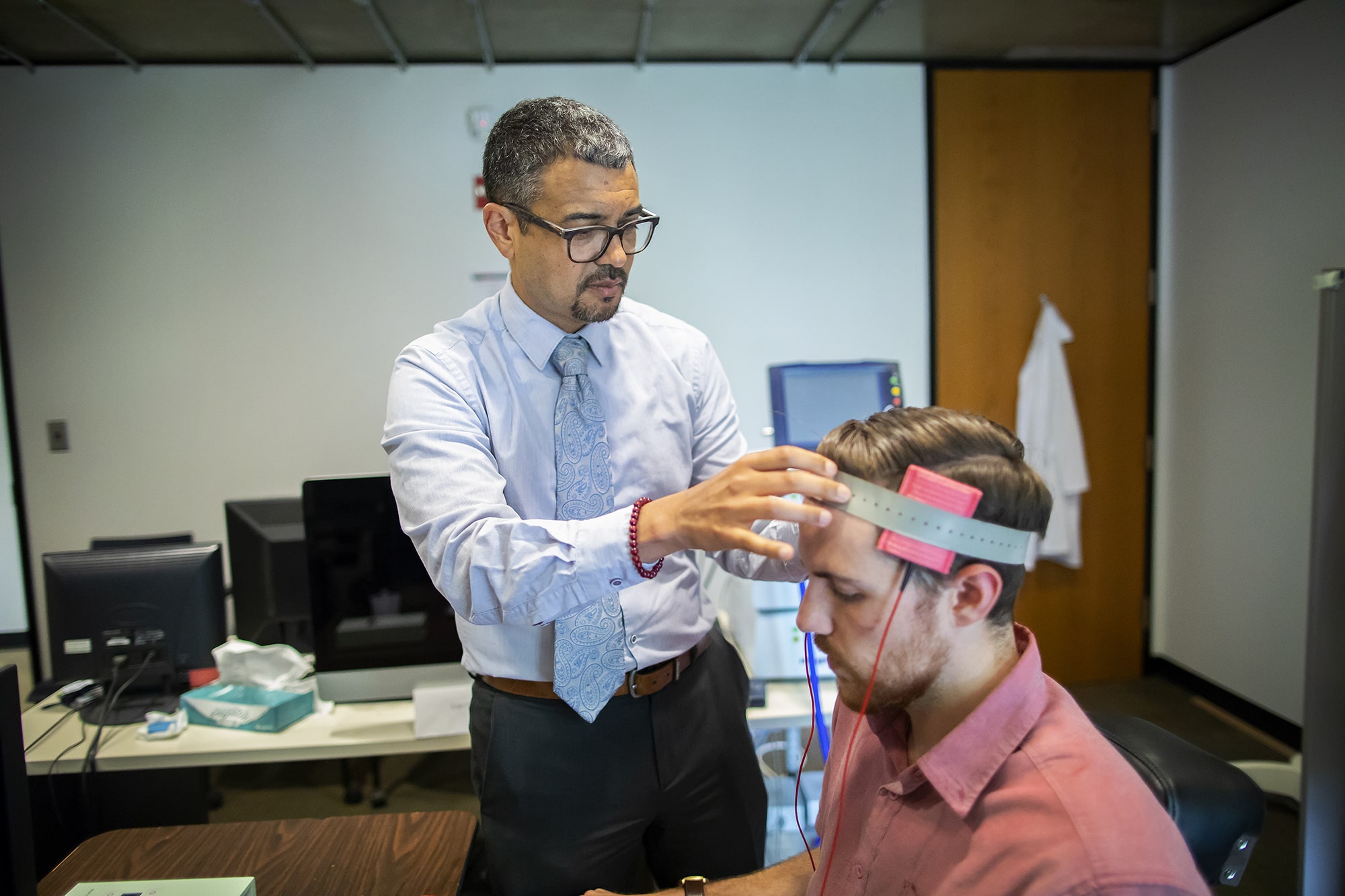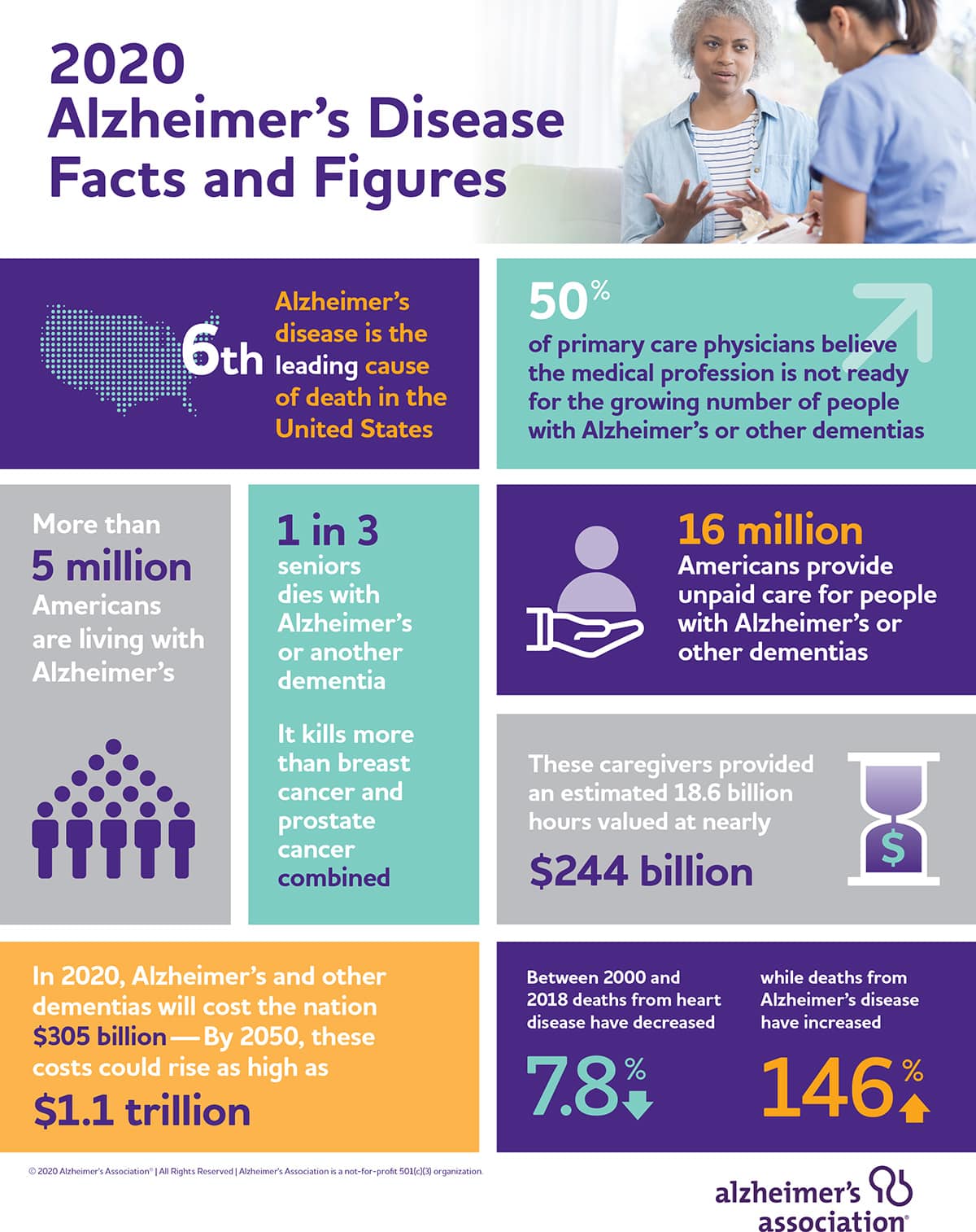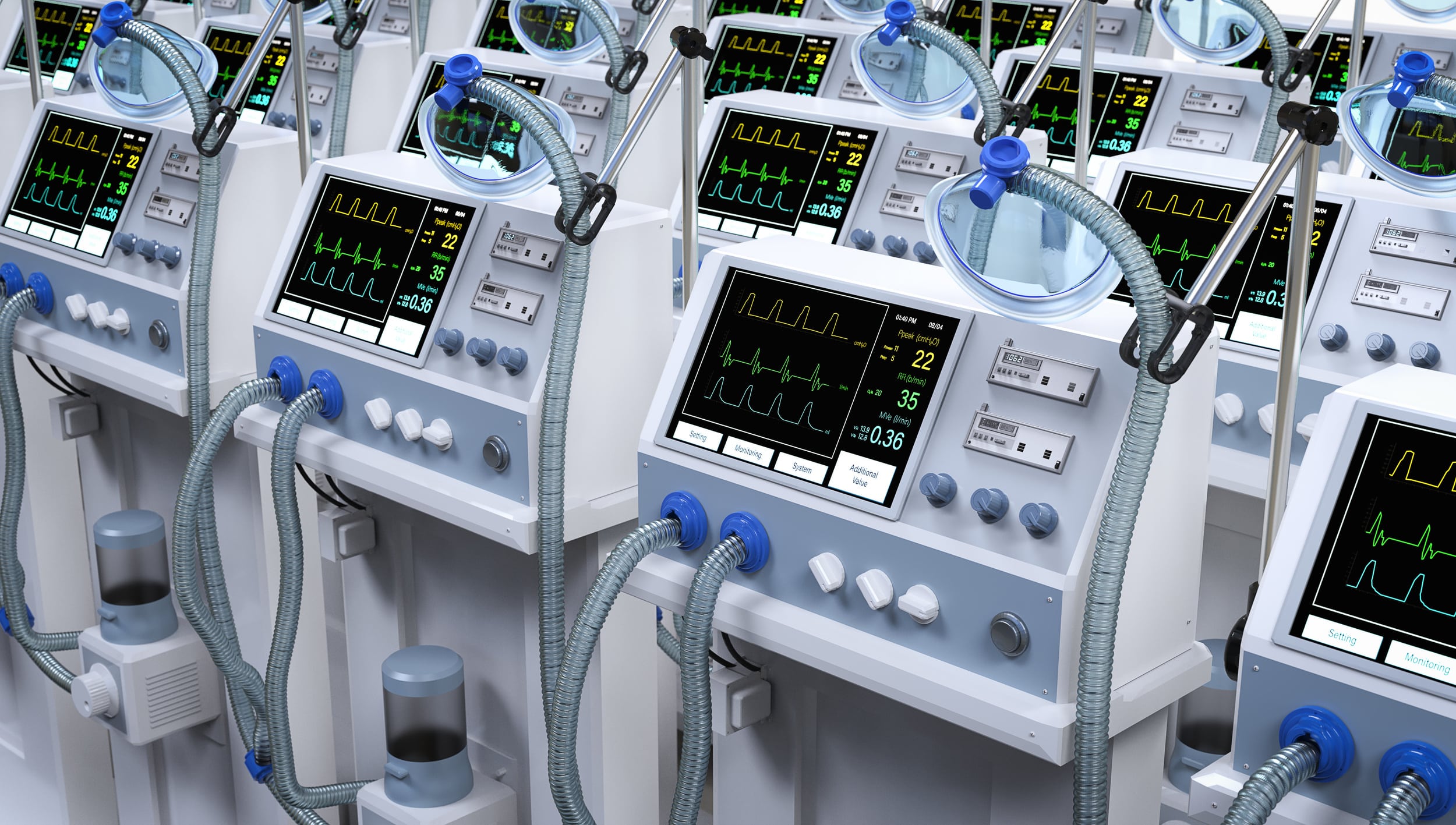
By Sharnita Midgett
Many things have changed in the past several months. Each of us has adapted and answered the call to work towards a healthier future in our own way — practicing social distancing, serving as an essential worker, sewing masks, comforting others, or lending our skills whatever they are.
Together, through our good work, we will get through this unprecedented time.
For the ABC team, adapting meant pausing in-person visits and instead conducting visits remotely, over the phone or online via a video meeting. Many of you had to learn a new system and adapt to changes, but you remained active, flexible, and as willing as ever to contribute.
Thank you!







